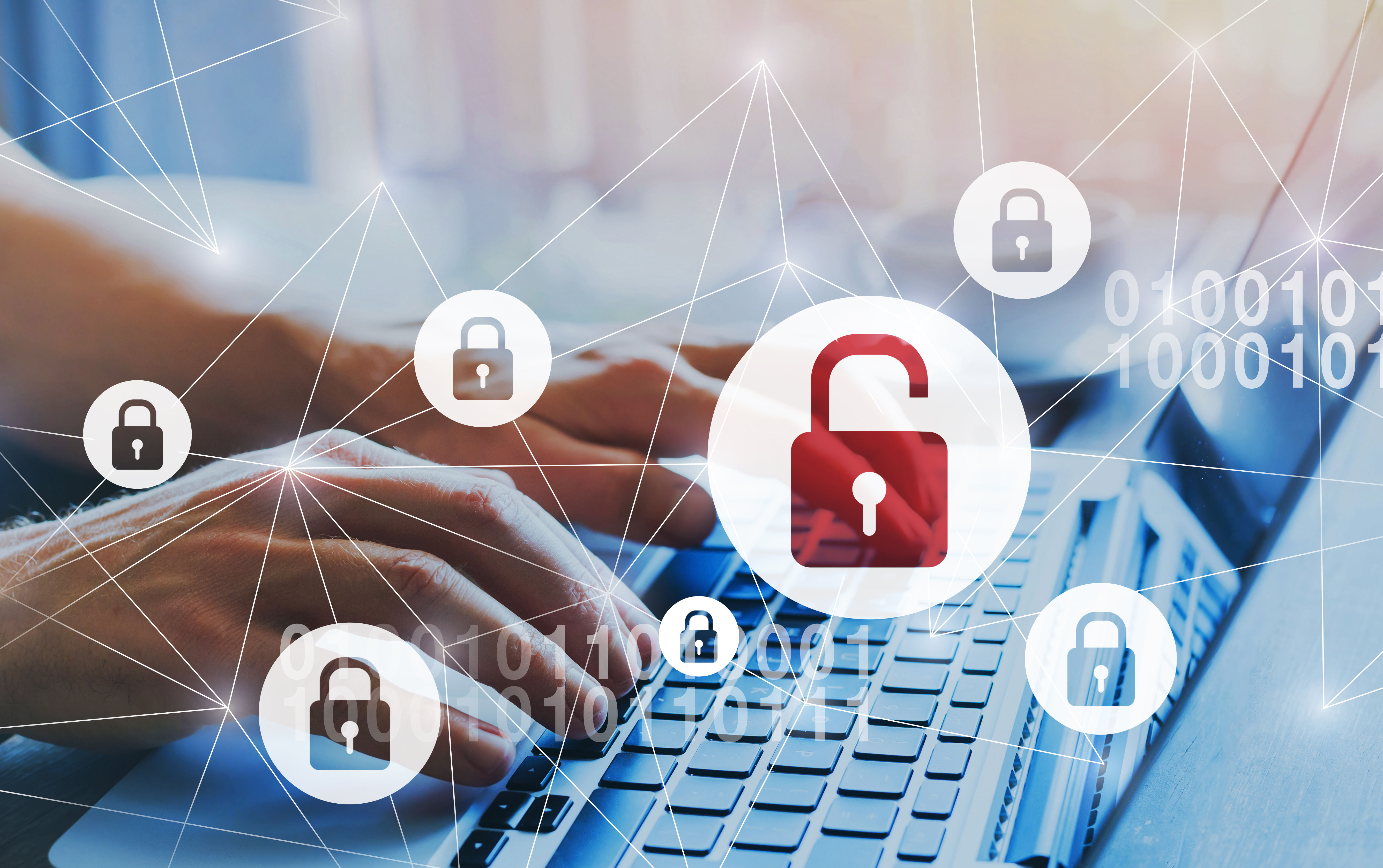One of the most crucial elements in society is trust, permeating both our private and professional lives. Information security is, after classifying information, ensuring that the right person has access to the right information at the right time. No unauthorized individuals, whether internal or external, should have access to all information all the time. This establishes trust, both within and outside your organization. It exhibits that you are a serious business that holds the entire organization’s information flow secure, whether it be personal employee information, external newsletter, or internal trade secrets.
Information security is not a one-size-fits-all solution. Handling different data and information flows across various industries requires an organization to be aware of the processed information, those affected, and the relevant laws that may come into play in the event of any shortcomings.
The 'Trifecta' of Information Security
Within information security, we should consider the following to safeguard our information:
- Confidentiality – Restricting access to only authorized individuals.
- Availability – Ensuring the information is always accessible when needed.
- Integrity – Trusting that the information is correct.
An additional fourth consideration is traceability, providing an organization with greater control over its data and information. Traceability can reveal who accessed specific documents, when they accessed them, and if any changes were made, helping identify potential external security breaches or insider threats.
Moderation is Key
It's easy to think, "Why would anyone attack me or my organization?" and downplay the significance of information security. Whether or not you or your organization is the final target, it might be a stepping stone towards the ultimate goal.
Finding that balance is crucial – having no protection at all means it's not a question of "if" but "when" your organization will be affected. Conversely, excessive security measures where unnecessary can lead users to bypass procedures, resulting in wasted resources and loss of control over organizational information.
Education and the Right Circumstances
For employees to grasp the importance of working with information security, concise and focused training is essential. Awareness across the organization must be at a high level, openly discussing risks specific to your industry, and potential outcomes of a breach or attack. With an increasing number of employees working remote, organizational leadership must ensure a secure pathway to access the organization's data or information without complicating matters for their users. According to the World Economic Forum, 95% of cybersecurity issues can be attributed to human factors (The Global Risks Report 2022). While information security measures might be robust within your organization, without employee understanding and adherence to procedures, there is no use of protecting your information.
Monitoring the Global Environment
The security situation globally and within Sweden is highly relevant, and as we become more interconnected and information is digitized, classifying information and weighing risks are more important then ever. It's easy to think, "What can I do?" or "It's the IT department's job," but the truth is, it's in everyone's interest to work with information security. By securing an organization, whether small or large, we make it more difficult for those with ill intentions, both internally and externally.
Legal Requirements and Directives
In Sweden and within the EU we have laws and directives to adhere to. These are continually updated to ensure accuracy and relevance for various organizations, critical infrastructures, and entities of all sizes. This establishes a demand on you, and your organization, to continually work with information security to guarantee compliance with these laws and directives.
There's no classification model or protection that will stand the test of time due to laws changing and the continuous change in the cyber threat landscape. By revising your classification model and proactively addressing your organization's needs and risks, you can ensure that the information is always accurate, not manipulated, and not destroyed. Regularly updating your procedures also ensure that the effort is not burdensome and costly for all employees and the organization.
So why should you prioritize information security?
Your data is your most precious asset, and you need to protect it from malice and cybercriminals who want to steal it or damage it. That’s why information security is vital for you and your organization. It helps you comply with the laws and directives that regulate data protection and privacy. It also helps you prevent and recover from any security breaches that might occur.
Information security is not something you can ignore or neglect. It requires your constant attention and action. Don’t let your data fall into the wrong hands, secure it with the highest standards and methods.




